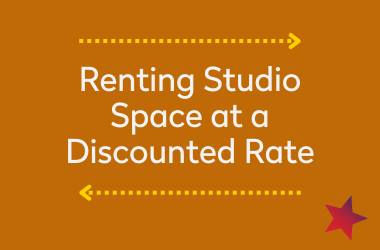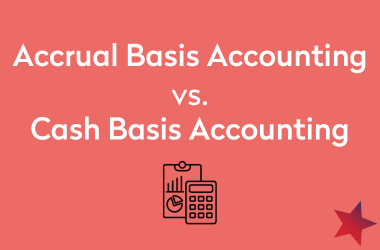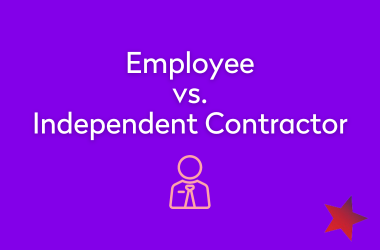How to rent studio spaces for discounted rates
Rent Studio Space at a Discounted Rate
Fiscal sponsors typically rent studio space at a discounted rate through negotiations and partnerships with landlords, property owners, or organizations that have available space. Here are some common approaches they may use:
- Nonprofit Discounts: Many fiscal sponsors are nonprofit organizations themselves, and they can leverage their nonprofit status to secure discounted rates for studio space. Nonprofits often receive preferential treatment when renting or leasing spaces, as landlords may be willing to support their mission or benefit from potential tax incentives.
- Partnerships with Property Owners: Fiscal sponsors may establish partnerships with property owners who are willing to offer discounted rates for studio space. These partnerships can be formed based on shared values, community involvement, or the desire to support charitable endeavors. Property owners may be open to negotiating lower rental rates or providing subsidized spaces to promote social impact.
- Shared Spaces: Fiscal sponsors can explore shared space arrangements where multiple organizations or individuals share the same studio space. By sharing the rent and expenses, each organization can enjoy lower costs. These shared spaces can be established through partnerships with other nonprofits, co-working spaces, creative communities, or even local government initiatives.
- In-Kind Donations: Some landlords or property owners may be open to making in-kind donations of studio space to fiscal sponsors. This means they offer the space at no or significantly reduced cost as a contribution to the fiscal sponsor’s cause. In return, the landlord may benefit from increased visibility, community engagement, or other positive outcomes associated with supporting a nonprofit organization.
- Community Grants or Sponsorships: Fiscal sponsors can seek community grants or sponsorships specifically designated for renting studio spaces. Local or national foundations, corporations, or philanthropic organizations often offer grants or funding opportunities that support nonprofit initiatives, including the rental of facilities. By securing such grants or sponsorships, fiscal sponsors can access studio spaces at reduced rates or even for free.
It’s important to note that the availability and success of these strategies may vary depending on the specific fiscal sponsor, location, real estate market, and the relationships they establish. Engaging in open communication, highlighting the organization’s mission and impact, and building partnerships with stakeholders are essential steps to negotiate discounted studio space rates.
NEXTSTEPS | 06.27.2023
Latest Blog Posts
Understanding A Profit and Loss Statement?
Understanding A Profit and Loss StatementWhat is a Profit and Loss Statement? A Profit and Loss Statement (P&L) is a financial statement that measures the revenues, costs, and expenses incurred over a specific accounting period. P&Ls reflect an organization’s...
Accrual Basis Accounting vs Cash Basis Accounting
What is Accrual Basis Accounting vs. Cash Based Accounting? Accrual Basis Accounting Accrual basis accounting refers to a major accounting method that recognizes revenues and expenses at the time a transaction occurs, regardless of when cash is exchanged. Accountants...
Employee versus Independent Contractor
Employee vs. Independent ContractorWhat’s the difference between an employee and an independent contractor? The payment for an independent contractor is performance-based and is determined by the completion of the service they provide while an employee's payment is...




